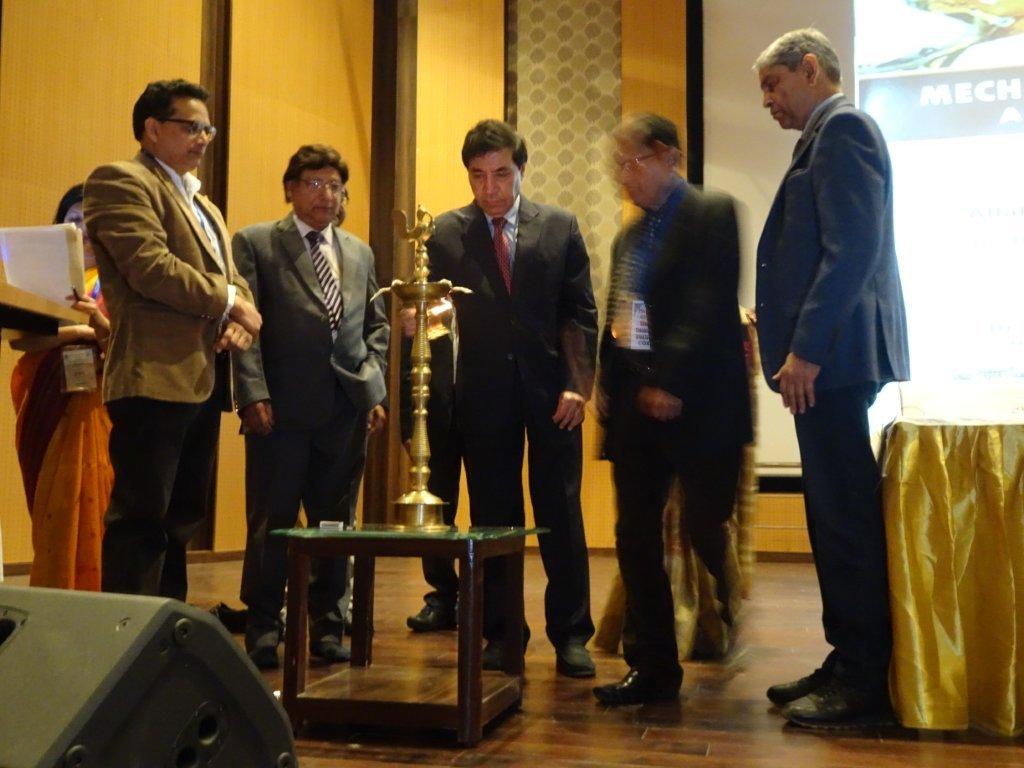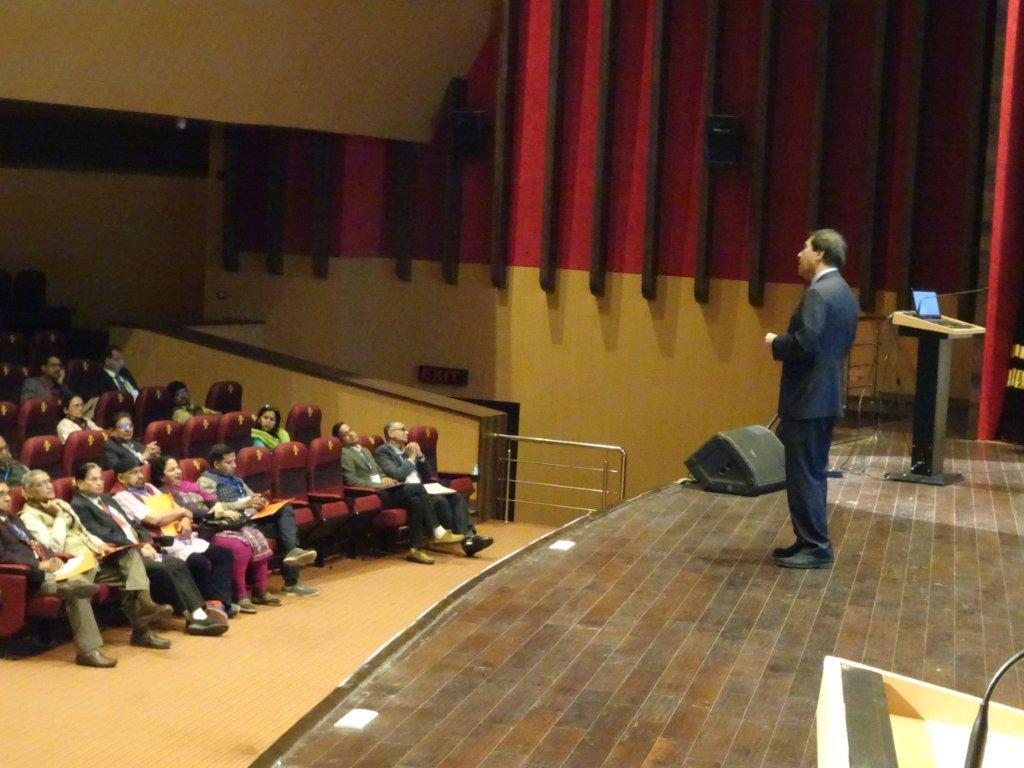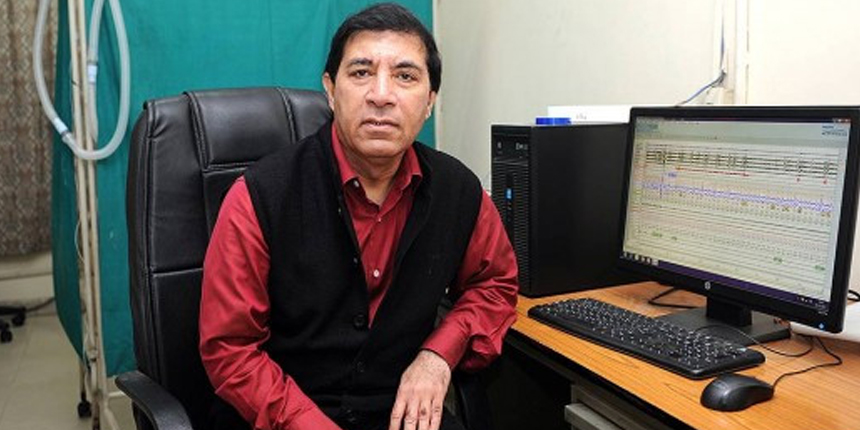Want to ensure a good night’s sleep?
A recent survey revealed that sleep disorders affect an estimated 93% of the Indian population. Here are some tips from experts to help you get a good night's rest.
What can be more restful than a good night’s sleep? You really wouldn’t know unless you have a bad night’s sleep which means you wake up crabby – to say the least.
If you’re Indian (as most of us reading

Brunch
tend to be) chances are that you don’t often get a good night’s sleep. The Philips Sleep Survey, a study by Philips Electronics India Limited carried out by the Nielsen Company in December 2009, found out that sleep disorders affect an estimated 93% of the Indian population.
The survey (carried out among 5,600 respondents aged 35 to 65 years, across 25 cities in urban India with a population of 5 lakh and upwards) found that an astonishing 11 % of us take leave from work because of lack of sleep. Another interesting finding was that 58 % of us feel our work suffers from a lack of adequate sleep, with 11 % actually falling asleep at work.
With so many sleepless people around, clearly, it’s important to ensure that we don’t succumb to insomnia. “Sleep controls your day and also your performance, so it is important that you manage this well,” says Satyakam Sharma, business manager, Home Healthcare Solutions, Philips Healthcare India. Sleeping well, adds Dr. J C Suri, head of the department of pulmonary, critical care, and sleep medicine at Safdarjung Hospital, Delhi, who established the first sleep lab in India, is also important for your well-being.
“You need a good night’s sleep to keep you going because that is when your batteries get recharged,” explains Dr. J C Suri. “Your brain uses the time when you are sleeping to store data that is relevant. It’s like a hard drive for your mind.”
Your brain tends to restore its energy in the initial hours of sleep so that it can use it while you are awake, says a study carried out by Dr. Radhika Basheer and Dr. Robert McCarley of Boston VA Healthcare System and Harvard Medical School, US. The study also proposed that brain energy levels are the key to nightly restoration. Even hotels are spending time figuring out how guests can get a good night’s sleep.
For instance, the ITC-Welcomgroup chain has a sleep index that measures everything from the thread count of the bedsheets to the decibel levels of the air-conditioning unit to ensure that a restful and sleep-inducing atmosphere is created in its rooms. The chain also has a WelcomSlumber kit featuring an eye mask, earplugs, and a selection of aromatherapy products, which is handed to all guests.
“We believe in the science of sleep because sleep has a larger dimension wherein all the senses come into play,” says Nakul Anand, chief executive of ITC-Welcomgroup. “You can offer the finest services and the greatest cuisines housed in the most stunning architecture, but if your guest hasn’t slept well, the purpose of his or her visit is completely defeated.”
What to do
A consistent pattern of good sleep does more for good health than you may imagine. Here are some tips from the experts
Use comfortable bedding
To begin with, your bedding needs to be comfortable. And by comfortable, we mean what is comfortable for you and not necessarily what is advertised as being the best. “A bed that is neither too hard nor too soft and a medium soft pillow is what is usually comfortable for most people. But if you are more comfortable on a hard bed – that’s fine as well,” advises Dr. M S Kanwar, senior consultant of respiratory medicine, critical care, and sleep disorders, at Apollo Hospital, Delhi. He adds, “What is not recommended is a very high pillow as it can be bad for your neck.”
Get into a relaxed mood
It is also important to give your body cues that it is time to slow down and sleep. So anything that relaxes you will usually help you sleep better – like listening to music (not head-banging stuff, though) or reading a book (preferably not a thriller that eggs you on to read more). Other cues include relaxation exercises, a warm shower (the change in body temperature can relax you), or a massage with your favorite lotion.
Wake up at the same time every day
“Sleep hygiene is very important,” says Dr. J C Suri of Safdarjung Hospital, Delhi. So wake up at the same time every day. This ensures your body follows a rhythm. “And your body will automatically want rest when it’s tired at the end of the day,” he adds.
Exercise in the evening
Dr. J C Suri also recommends any kind of exercise in the evening. “Evening is a better time to exercise than morning,” he says. “The fact that you tire your body in the evening will ensure that you sleep well.”
What not to do
Some things are definitely not conducive to a good night’s sleep
Avoid alcohol, caffeine, and nicotine
All three affect your ability to sleep soundly. Alcohol may seem to help you sleep well as it slows brain activity, but you end up having a fragmented sleep, so avoid it, especially on working days.
Avoid light in the bedroom
Studies show that even a small amount of light can sometimes interfere with sleep.
Don’t surf the Net or watch TV
Both these activities are bound to activate your brain and interfere with good sleep.
Don’t worry
Dr. Kanwar strongly recommends a worry diary. “If you think a lot, it’s a good idea to plan your next day the evening before,” he says. “When you write things down, you tend to put things in a more explanatory manner. So you’ll come up with solutions to problems and plans for the next day. If you get into the habit of doing this before you sleep, you’ll be more relaxed, knowing things are under control.”
Don’t eat a heavy meal
According to Dr. Kanwar, people often don’t realize that what they eat at night could interfere with their ability to sleep soundly. “It’s important to eat a light dinner at least three hours before you sleep,” he says.
Don’t clutter your bedroom
“A bedroom should never be cluttered,” says feng shui expert Naresh Singal. “Also, the bed should be reserved only for sleeping and lovemaking. Avoid mirrors that reflect your image when you’re on the bed as it interferes with your energy levels. And if you have two mattresses on a double bed, spread a single dhurrie over them before you use a bedsheet.” He also suggests that you avoid too many paintings in the bedroom and do not use the color red in this space.











